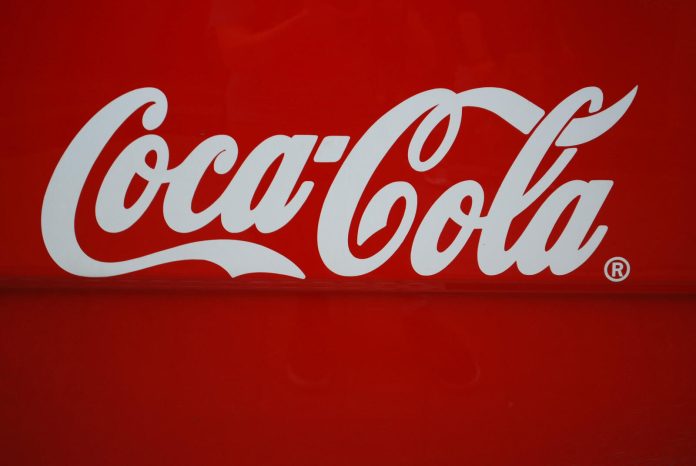Unilever Boosts Social Media Investment, But Influencer Impact Remains Unclear
Unilever is significantly ramping up its investment in social media, but questions remain over how much of that spend will directly support influencer partnerships — a key channel for modern brand engagement. As one of the world’s largest advertisers, the FMCG giant spent €8.3 billion globally on marketing last year, with more than half of its brand campaigns now developed specifically for digital-first platforms.
Speaking at the World Federation of Advertisers’ Global Marketer Week, Unilever’s chief marketing officer, Conny Braams, revealed the company will deepen its presence on platforms like TikTok, YouTube, and Instagram. The strategy is driven by a shift in consumer attention, with Gen Z audiences consuming up to 60% of their media online, particularly through short-form video and creator-driven content.
While this signals a growing reliance on social channels, Braams did not disclose what portion of the increased digital allocation will be directed toward influencer marketing. This ambiguity comes despite influencer-driven content increasingly shaping FMCG brand perception and purchasing behaviour. Industry estimates suggest that 69% of marketers plan to increase influencer budgets in 2024, highlighting its growing importance in the media mix.
Unilever’s social-first strategy aligns with its broader ambition to reshape marketing effectiveness beyond media efficiency. The company is prioritising audience impact and creative effectiveness, reflecting a brand-led model that goes beyond reach and frequency metrics. Braams emphasised that future advertising success will depend more on how well content resonates with target audiences than simply how many people it reaches.
An internal shift also appears to be underway, with Unilever exploring more in-house capabilities to create content at scale, especially to meet the fast-paced demands of social media. Yet, this raises potential tension between paid media partners and creator-led collaborations, particularly with growing calls for clearer remuneration frameworks for influencers. Lawmakers in the UK, EU, and US are pushing for transparency and ethical standards across digital advertising and influencer engagement.
As Unilever doubles down on social channels, its execution strategy — including the role of influencers — will be closely watched by FMCG peers eager to adapt media investments to evolving consumer behaviour and rising regulatory scrutiny.

